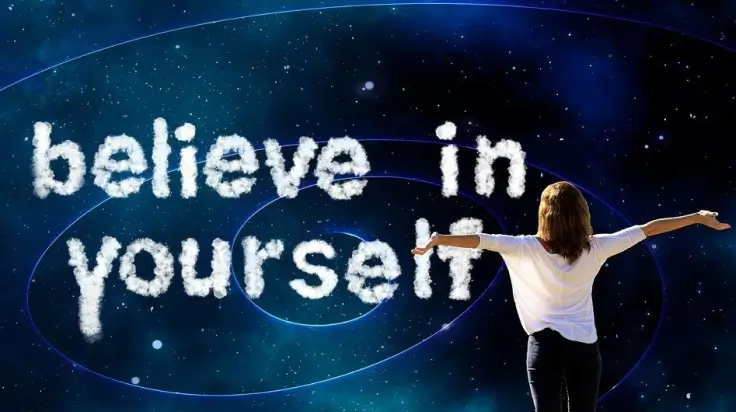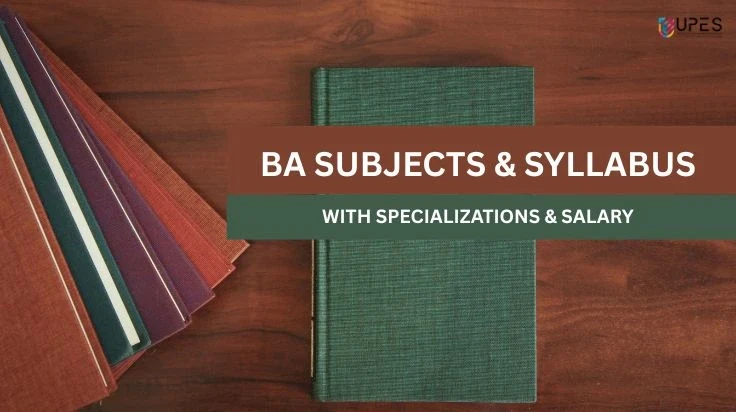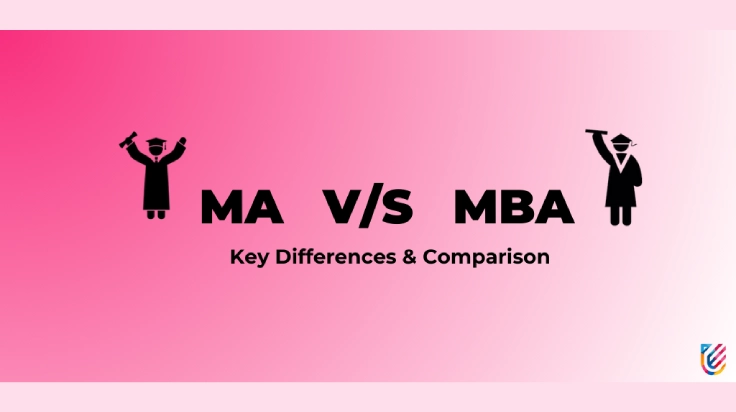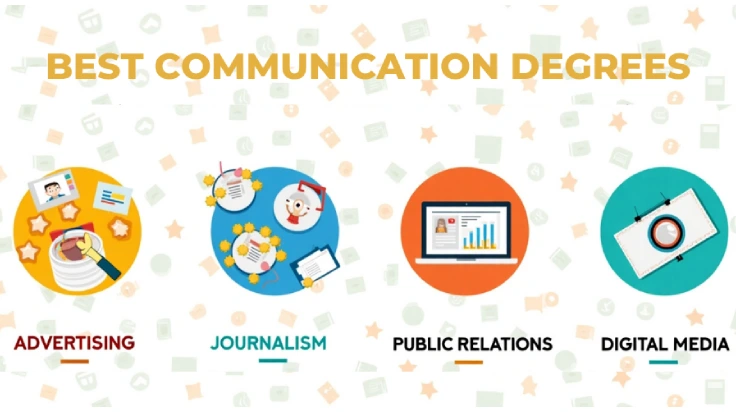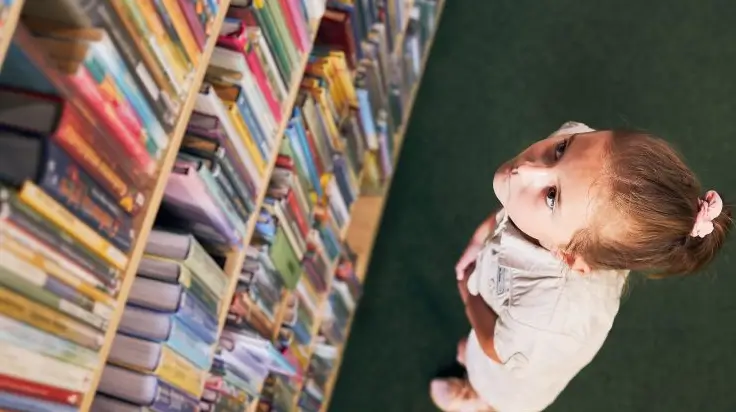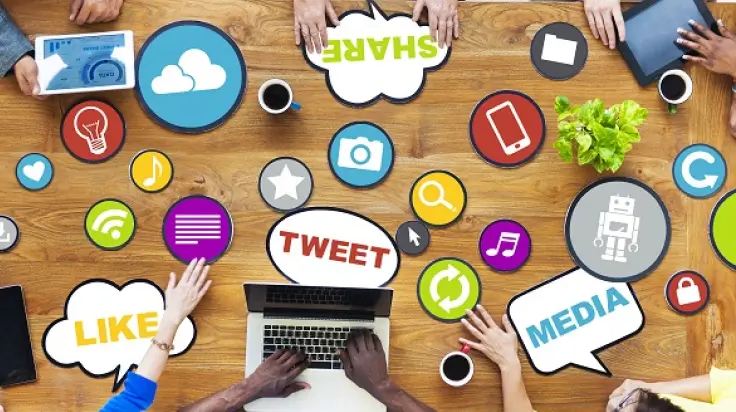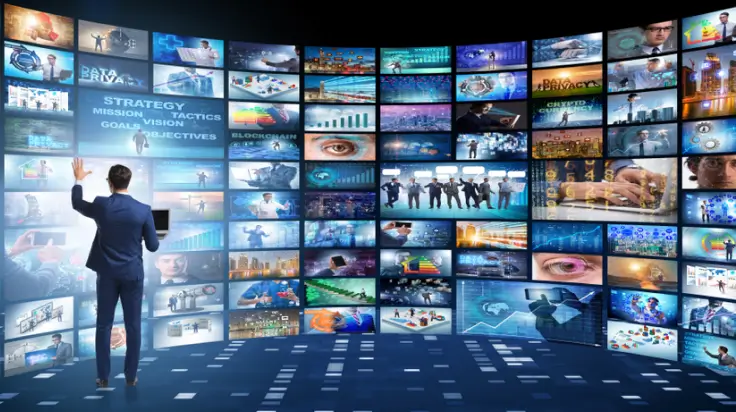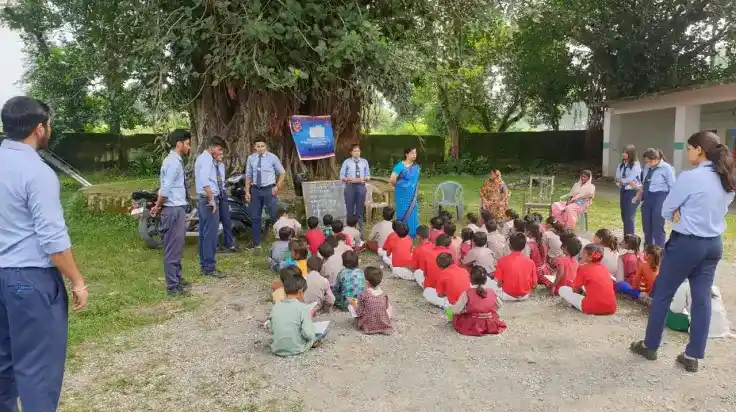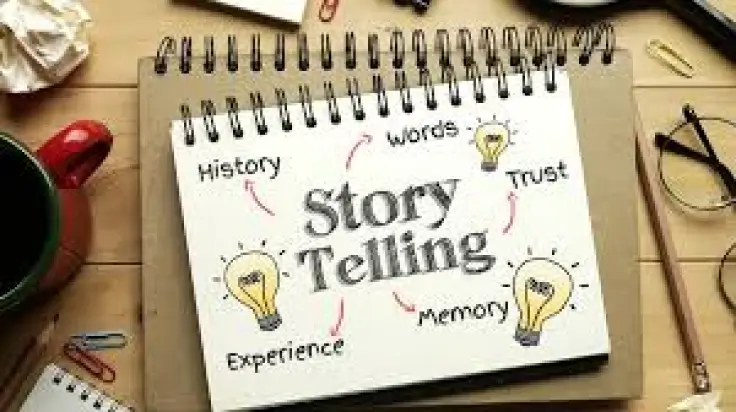
After years of reading literature, deciphering its meaning on your own, writing about it, and drawing conclusions from it, you might be wondering how to use your knowledge most effectively in the field. Even though the work you do after graduation might not exactly resemble what you did while you were a student, you will unquestionably employ the highly honed abilities you have acquired in your new position. Studying Literature is a personal as well as a collegiate experience. It helps an individual understand society and its operations. It gives us an enriched understanding of different worlds, timelines, languages, traditions, cultures, etc., and shapes one’s individual personality. Studying literature provides access to the realm of imaginative creativity. It not only fosters the development of skills necessary for today’s global world, but it also encourages creativity and change. Through stories, novels, poems, and plays, literature studies enable us to comprehend our society in all of its social, political, economic, and cultural facets.
Literature has a vocabulary that may appear difficult to certain readers, but as they read more complicated and complex texts, they also expand their vocabulary in the process. Literature also benefits people who are learning a new language since it helps them improve their abilities when they encounter words that may be foreign to them. We cannot disregard the incredible, strong benefits that reading has on our brains. Reading books improves our ability to focus and stimulates our minds, which is good for our brains. It also widens our creativity. Like any other muscle in our body, the brain also requires training to maintain a strong and healthy self. Reading helps to develop the brain’s creative regions, which foster creativity and originality.
In addition to these benefits, a wide array of career prospects can be explored in the field of literature. The publishing industry is one of the most glamorous industries, with all the popular and bestseller writers to its credit. However, it is the academic publishing sector that offers the most exciting jobs for editors, copy editors, freelance writers, technical writers, bloggers, etc. A degree in literature also allows one to get into translator and interpreter jobs. These jobs are considered white-collar jobs in the field. Translators and interpreters are the link between two languages, two distinct cultures, and two incredibly unlike individuals. With the knowledge of literature, this particular career aspect is very much in demand and a crucial one at present. It is one of those professions, which offers excellent prospects for individuals who prefer or desire to work autonomously. Opportunities to build a solid professional career independent of coworkers or the whims of the labor market are offered by freelancing or organizational work. The work’s transnational nature also suggests that the translator is building connections and links abroad in order to grow their vocation into a legitimate business. When the entire world is on social media, the job of a social media manager becomes pivotal. A literature degree could help you be in charge of creating and executing successful digital marketing plans for social media platforms including Twitter, Facebook, Instagram, and Snapchat. As a social media manager, one would produce and distribute gripping tales across platforms to promote user and subscriber engagement. Social media managers can find employment in a wide range of industries, including business, education, and nonprofits. Another creative job prospect that a literature graduate could look at is that of a copywriter. Copywriters work in a variety of industries, creating unique, attention-grabbing content in accordance with client requests. Literature graduates can appreciate this creative position because it involves writing, reading, and proofreading duties. Copywriters frequently work in the advertising industry, penning screenplays, jingles, blog posts, and other things.
Reading teaches learners to make connections between global and local concerns and helps them build their critical and creative thinking abilities. It entails bargaining with people while working together and using clear communication. These are crucial in the twenty-first century as more and more vocations are rendered obsolete by the advancement of artificial intelligence. The people who can do what Artificial Intelligence cannot are the ones who will stay important, and literature cultivates precisely these abilities.
Dr. Mariyam Ilyas Siddiqui
The writer is Dr. Mariyam Ilyas Siddiqui, Assistant Professor, UPES School of Liberal Studies and Media
UPES Admission Enquiry
Trending Post
-
![ba-subjects-and-specializations ba-subjects-and-specializations]()
-
![Career Switching with a BA: How to Transition into Tech, Finance, or Healthcare Career Switching with a BA: How to Transition into Tech, Finance, or Healthcare]()
Career Switching with a BA: How to Transition into Tech, Finance, or Healthcare
By UPES Editorial Team
-
![MA vs MBA- Comparison & Choosing Factors MA vs MBA- Comparison & Choosing Factors]()
Related Articles
Subscribe to UPES Blogs
Join our community for exclusive stories, insights, and updates
By clicking the "Subscribe" button, I agree and accept the privacy policy of UPES.
Please enter your email









